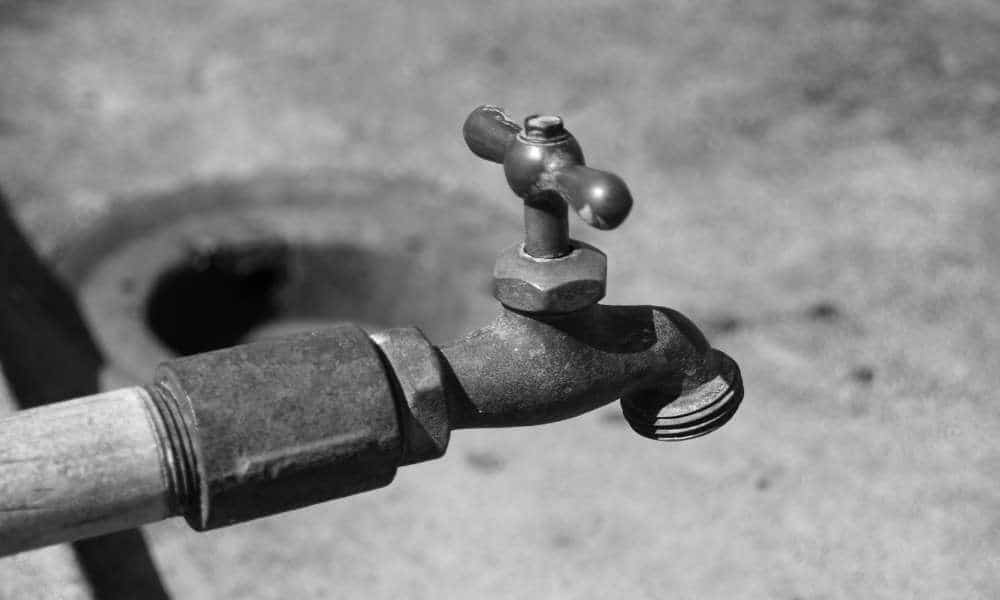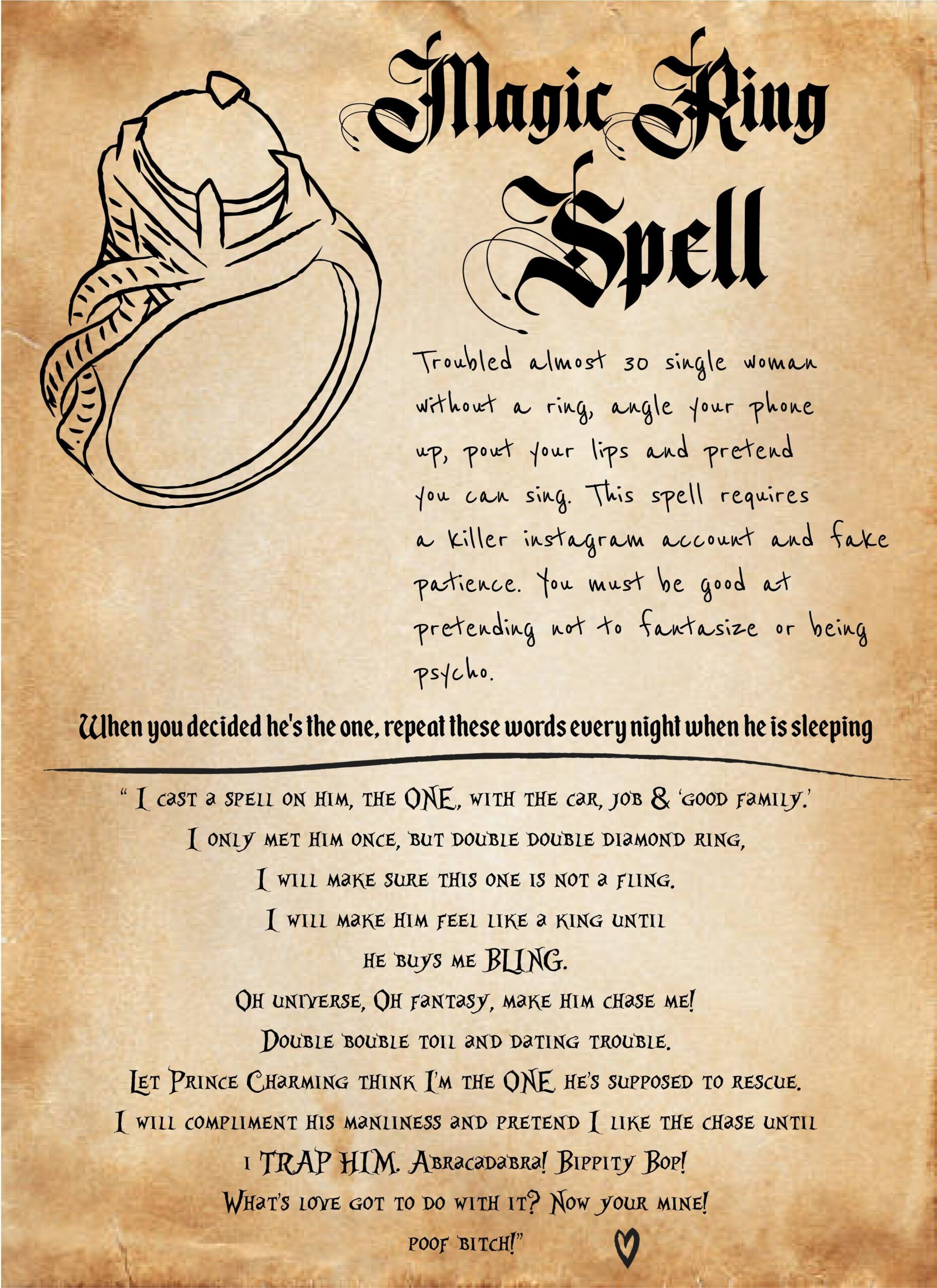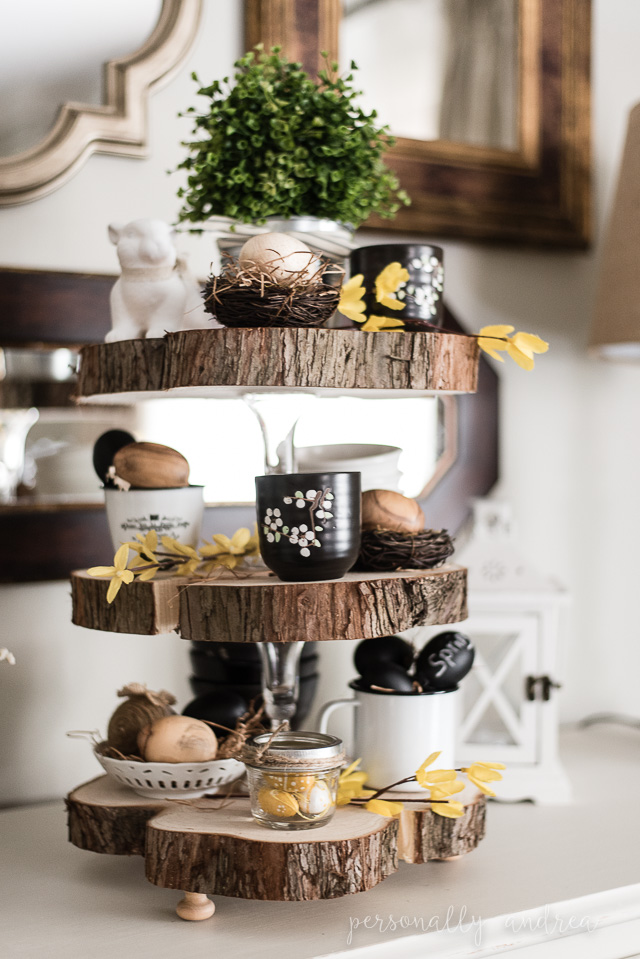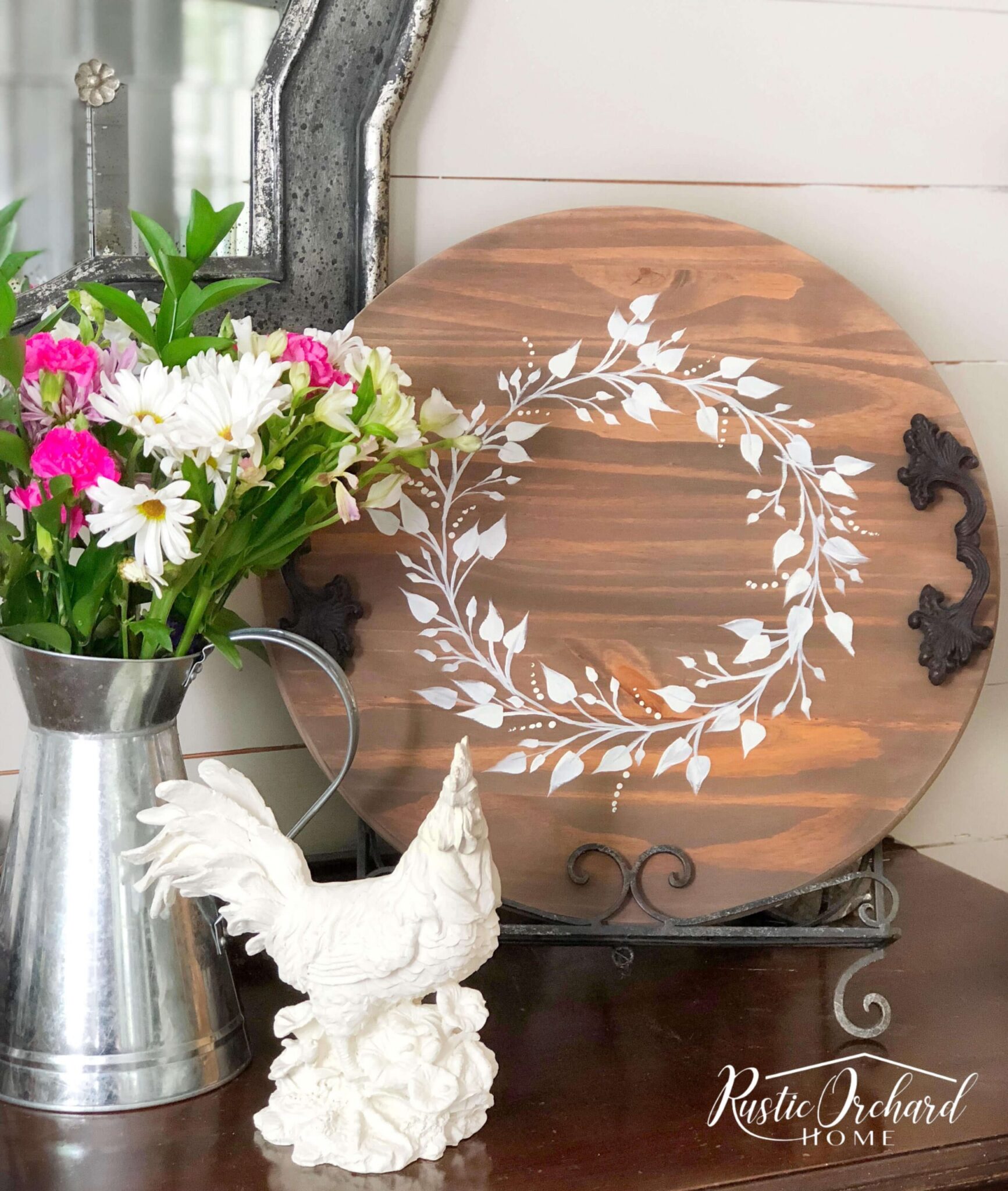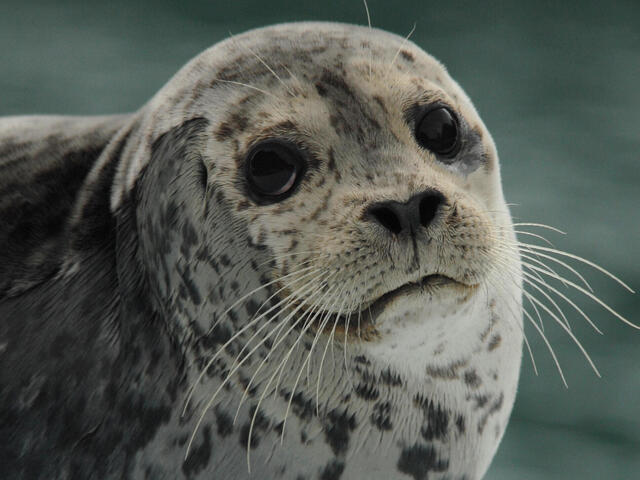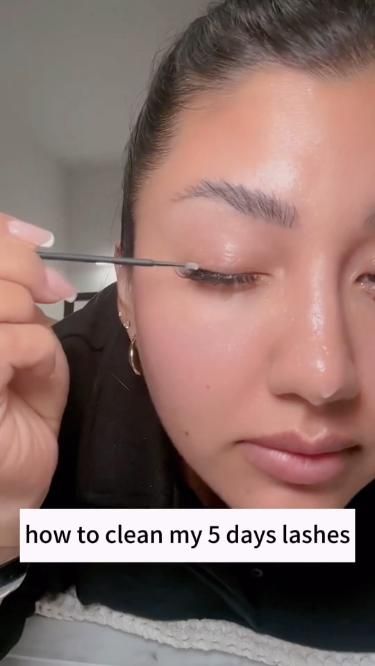Sloths as Pets: What You Need to Know Before Adopting
Sloths as pets: what you need to know before adopt
The internet has fall in love with sloths. Their slowly move nature, perpetual smiles, and gentle demeanor have captured the hearts of millions world. As these creatures gain popularity through viral videos and cute memes, many animal enthusiasts wonder: do sloths make good pets?
The short answer is no, sloths mostly do not make good pets. Nevertheless, understand why require deeper exploration of these fascinating creatures, their needs, and the legal and ethical considerations surround exotic pet ownership.
Understand sloths: not your average pet
Sloths are specialized mammals native to the rainforests of central and South America. There be six species divide into two families: two toed and three toed sloths. These arboreal creatures have evolved over millions of years to live near solely in trees, seldom descend to the ground.
Their distinctive characteristics include:
- Exceedingly slow metabolism (they can take up to a month to digest one meal )
- Specialized diet consist of specific leaves, buds, and occasional fruits
- Complex digestive systems with multiple stomach chambers
- Unique symbiotic relationship with algae that grow in their fur
- Adaptation to tropical rainforest environments
- Principally nocturnal or crepuscular activity patterns
These extremely specialized adaptations make sloths peculiarly ominous suited to captivity outside professional facilities specifically design for their care.
Legal considerations: can you even own a sloth?
Before consider a sloth as a pet, it’s essential to understand the legal framework surround exotic animal ownership:
- In many states and countries, own a sloth is illegal without specific permits
- The convention on international trade in endangered species (cites )regulate sloth trade
- Some species of sloths are protected under endanger species laws
- Local and municipal ordinances oftentimes prohibit exotic animal ownership
- Permits, when available, typically require extensive documentation and inspections
Flush in jurisdictions where sloth ownership might be technically legal with proper permits, the requirements are typically therefore stringent that they efficaciously prevent private ownership for most individuals.
The specialized care requirements of sloths
Sloths have evolved extremely specific needs that are inordinately difficult to meet in a home environment:
Dietary needs
A sloth’s diet is complex and specialize:
- They require specific varieties of leaves that are not commercially available
- Their digestive system depend on specialized gut bacteria to process their food
- Nutritional imbalances can promptly lead to serious health issues
- They need fresh, appropriate foliage every day
- Commercially available substitutes seldom meet their nutritional requirements
Eve the virtually dedicated owner would struggle to source appropriate food year round, specially in non-tropical regions.
Environmental requirements
Sloths need specific environmental conditions to thrive:
- Consistent tropical temperatures between 75 85 ° f (24 29 ° c )
- High humidity levels (approximately 80 90 % )
- Complex three-dimensional spaces with appropriate climbing structures
- Specialized branches that can support their weight and climbing style
- Protection from temperature fluctuations and drafts
Create and maintain these conditions in a typical home is passing challenging and expensive, require dedicated rooms or custom-made build enclosures.
Behavioral and social needs
Sloths have evolved specific behavioral patterns:
- They’re course solitary animals with minimal social interaction
- They require large, complex spaces to move through trees
- Their natural behaviors include climb, hang, and move through canopy
- They sleep 15 20 hours per day, oftentimes in positions impossible to accommodate in captivity
- They’re not course affectionate or interactive with humans
Unlike dogs or cats that have co-evolve with humans for thousands of years, sloths have no natural inclination to bond with people or adjust to human lifestyles.
Health concerns for captive sloths
Sloths in captivity face numerous health challenges:
- Stress relate disorders from inappropriate environments
- Nutritional deficiencies lead to bone and muscle problems
- Dental issues from improper diets
- Respiratory infections from inadequate humidity or temperature control
- Parasitic infections that can be difficult to treat
- Limited veterinary expertise, as few veterinarians specialize in sloth care
Find qualified veterinary care for a sloth is exceedingly difficult. Most exotic animal veterinarians have limit experience with sloths, and treatments oftentimes require specialized knowledge not wide available.
The ethical considerations of keep sloths as pets
Beyond practical considerations, there be significant ethical concerns about keep sloths as pets:

Source: lovetoknowpets.com
- Wild catch sloths suffer extreme stress during capture and transport
- The exotic pet trade contribute to habitat destruction and population decline
- Breed in captivity is difficult and oftentimes unsuccessful
- Sloths typically live shorter lives in captivity than in the wild
- Their specialized nature makes them peculiarly vulnerable to suffering in inappropriate environments
Eve easily intention owners can not provide the complex ecosystem that sloths have eevolvedto inhabit. The result is oftentimes a shorten lifespan and compromise welfare.
The financial reality of sloth ownership
The financial commitment require for proper sloth care is substantial:
- Initial purchase cost: $2,000 to $$10000 depend on species and source
- Enclosure construction: $5,000 to $$20000 for an adequate habitat
- Climate control systems: $2,000 to $$5000 for appropriate temperature and humidity
- Ongoing food costs: $200 to $$500monthly for appropriate diet
- Veterinary care: $500 to $$1000 per visit, with limited specialists available
- Permits and insurance: varies by location but oftentimes thousands yearly
The lifetime cost of decent care for a sloth can easily excee$10000,000, make it one of the nearly expensive pet commitments possible.
Alternatives to sloth ownership
For those fascinate by sloths, there be several fulfilling alternatives to pet ownership:
Support conservation organizations
Many reputable organizations work to protect sloths in their natural habitats:
- The sloth conservation foundation
- The sloth institute
- Kids save the rainforest
- The toucan rescue ranch
Donations to these organizations direct support sloth conservation and research.
Symbolic adoptions
Many wildlife organizations offer symbolic adoption programs where you can:
- Receive update about a specific sloth
- Get photos and information packages
- Support the care of sloths in professional facilities
- Feel connected to sloth conservation without the ethical concerns
Volunteer opportunities
For a more hands-on experience, consider:
- Volunteering at sloth sanctuaries in Costa Rica or other countries
- Support local zoos or wildlife centers that house rescue sloths
- Participate in rainforest conservation efforts
- Contribute to citizen science projects monitor sloth populations
These experiences can provide meaningful connections to sloths while support their welfare.
Professional facilities that care for sloths
Accredited facilities that house sloths include:
- Aza accredit zoos with specialized rainforest exhibits
- Wildlife rehabilitation centers focus on sloth rescue and release
- Research facilities study sloth behavior and conservation
- Sanctuaries dedicate to care for sloths that can not be release
These facilities employ specialists with extensive training in sloth care and maintain appropriate habitats with proper environmental controls.
The reality behind viral sloth videos
Many people become interested in sloths after see viral videos show them equally cuddle some, affectionate animals. It’s important to understand:

Source: brevardzoo.org
- Many viral videos show inappropriate handling that stress the animals
- Sloths’ facial structure give them a permanent” smile ” hat doesn’t indicate happiness
- What looks like enjoyment of human contact is oftentimes fear or stress responses
- Proper sloth care involve minimal handling, not cuddle or pet
Wildlife experts systematically caution against interpret sloth behavior through a human lens, as their expressions and responses evolve for exclusively different purposes.
The impact of the exotic pet trade on sloth populations
The demand for exotic pets have serious consequences for wild sloth populations:
- Poach remove breed adults from already vulnerable populations
- For every sloth that survive capture and transport, many others die
- Habitat destruction for pet trade infrastructure far threaten populations
- Some species face increase endangerment due to collection pressure
Yet purchase a captive breed sloth indirectly support this harmful industry by normalize sloth ownership.
Conclusion: why sloths don’t make good pets
While sloths are undeniably fascinating creatures, they make poor pets for numerous reasons:
- Their specialized needs are intimately impossible to meet in captivity
- Legal restrictions make ownership complicated or impossible in most areas
- The financial commitment is extraordinary and ongoing
- Ethical concerns about their welfare in captivity are significant
- Few resources exist for proper veterinary care
- Their natural behaviors don’t align with traditional pet expectations
The about responsible way to appreciate these remarkable animals is through conservation support, education, and observe them in their natural habitat or in professional facilities dedicate to their welfare.
Finally, love sloths mean respect their wild nature and specialized needs — which mean acknowledge that they belong in rainforests, not in our homes. By support conservation efforts rather of the exotic pet trade, sloth enthusiasts can help ensure these unique creatures continue to thrive in their natural environments for generations to come.
MORE FROM getscholarships.de

